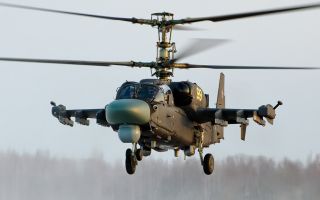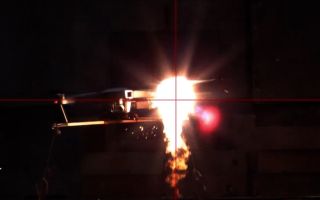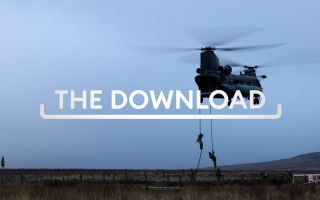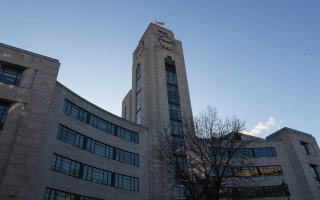Both HMS Albion and HMS Bulwark safe from being scrapped early, minister confirms
Two Royal Navy amphibious assault ships which the Royal Marines rely on will not be scrapped or mothballed ahead of schedule, a minister has said.
This announcement ends weeks of speculation which suggested HMS Albion and HMS Bulwark could be retired to free up sailors for other vessels amid a recruitment crisis.
Foreign Office Minister Andrew Mitchell assured MPs that both ships would remain in service until their planned out-of-service dates in the early 2030s.
As MPs were given the opportunity in Parliament to debate the UK's airstrikes on Yemen-based Houthi rebels, Mr Mitchell confirmed the fate of the two ships.
Responding to questions about the ships, he said: "He [Sir Julian Lewis] asked me about the two LPDs, the landing platform dock Albion and Bulwark, and he asked for an undertaking that they will not be scrapped.
"I am able on behalf of the Government to give him that undertaking that neither of them will be scrapped."
Sir Julian, the chairman of Parliament's Intelligence and Security Committee, asked: "Would he like to confirm that HMS Albion and HMS Bulwark, whose planned out-of-service dates are 2033 and 2034 respectively, not only will not be scrapped ahead of time, but will not be mothballed either?"
Mr Mitchell responded: "He is absolutely right to determine the supportive view of the Secretary of State for Defence [Grant Shapps]."
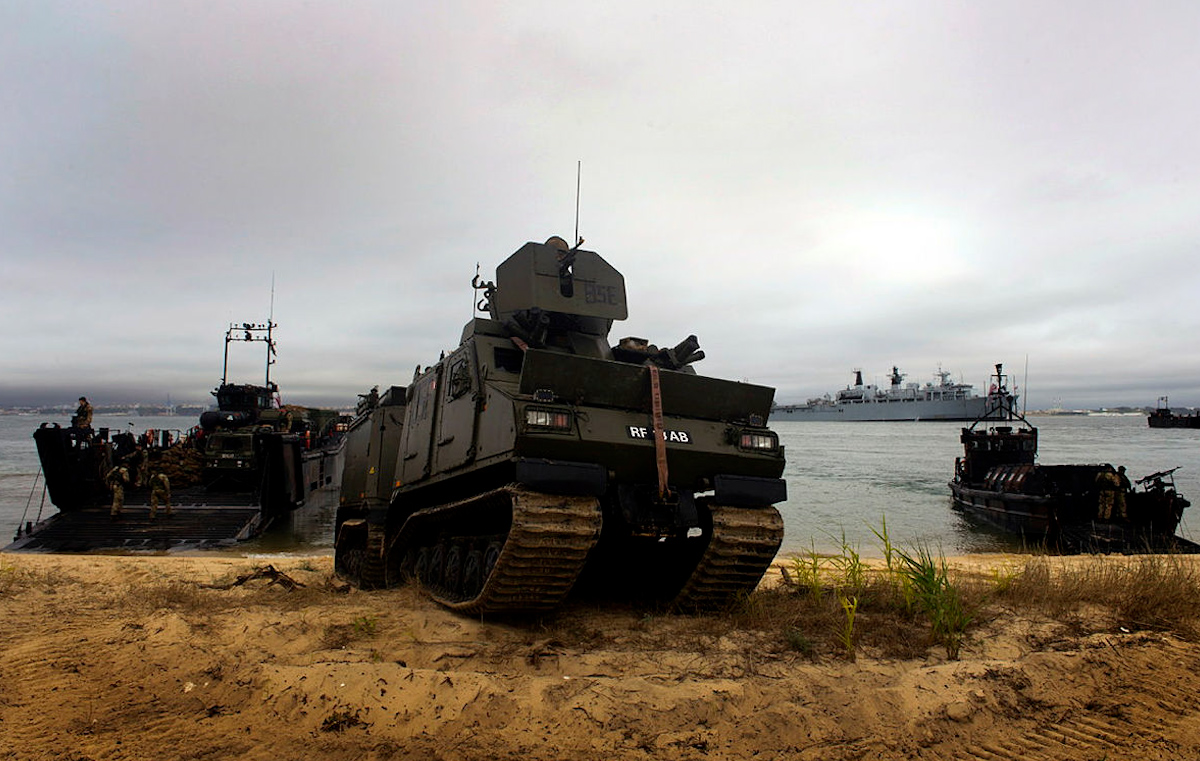
What makes HMS Albion and Bulwark special – and why the Marines would miss them
HMS Albion and HMS Bulwark are two of the Royal Navy's amphibious assault ships and are capable of landing Royal Marines ashore by air and sea.
The two ships were only commissioned in 2003 and 2005 respectively.
Both vessels are 176 metres long and can carry four big landing craft (Landing Craft Utility or LCU) inside their floodable well docks, plus four smaller landing craft hanging from the sides (Landing Craft Vehicle Personnel or LCVP). These are crucial to Commando operations.
HMS Albion has spent recent years leading the Littoral Response Group (North), a force that is able to deploy across Europe and react to crises and world events.
"Littoral" refers to working in coastal regions, which is crucial in getting troops, resupplies and munitions from sea to shore.

